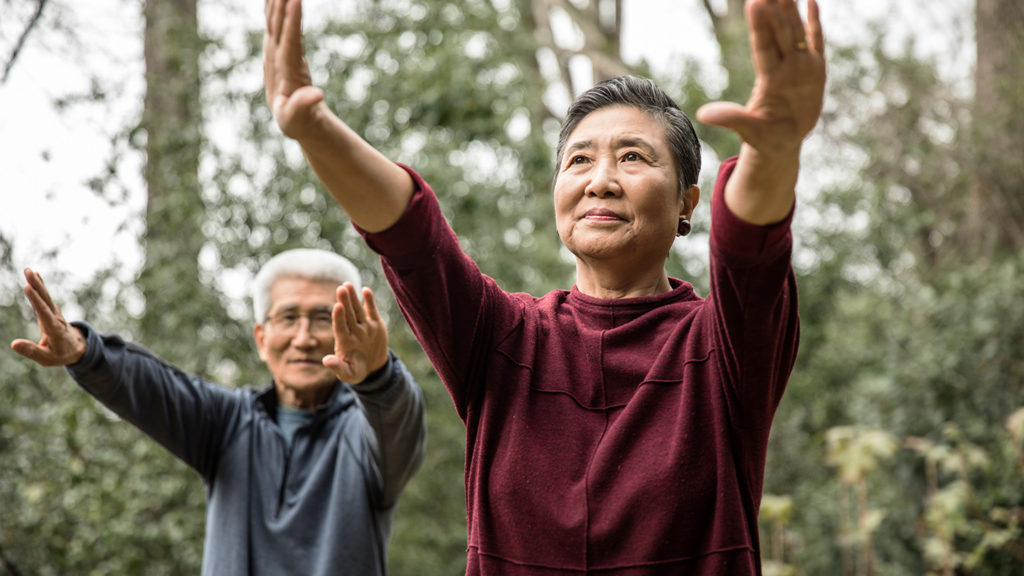

For many older adults, maintaining a personalized fitness program might seem daunting. But artificial intelligence could provide access to a digital “personal trainer” to help them with a workout regimen that keeps them fit well into their golden years.
Heyday Fitness, which has developed an AI-enabled strength training machine, now is working to integrate its technology into senior living communities.
The company recently completed a pilot program with Mirabelle, an assisted living and memory care community in Miami managed by the Arbor Company, with the latter confirming the technology’s significant benefits for residents.
“With this breakthrough technology, seniors will be able to simply walk up to a machine that’s been automatically set up based on [their] personal fitness level,” Mirabelle reps wrote in a recent post on its website. “The pilot program was a success, met with positive feedback and improvements in our residents’ health across the board.”
Heyday’s AI system keeps track of essential personal health and workout data, including recovery windows, resistance levels and the overall number of reps residents can safely perform.
Among the benefits of strength training for older adults include an almost 50% reduction in fall risk and a 30% lower risk of cognitive decline, according to Heyday’s website.
For the pilot study, Mirabelle had a live personal trainer on site to assist residents with using the Heyday equipment, in addition to the AI personalizing the workout.
Mirabelle is one of a growing number of senior living and care operators that have upgraded their fitness facilities with innovative technology tools.
Blakeford’s Green Hills campus in Nashville, TN, also includes a “smart” fitness center that helps craft a personalized regimen for residents, and can monitor their coordination and gait, the McKnight’s Tech Daily reported last year.


